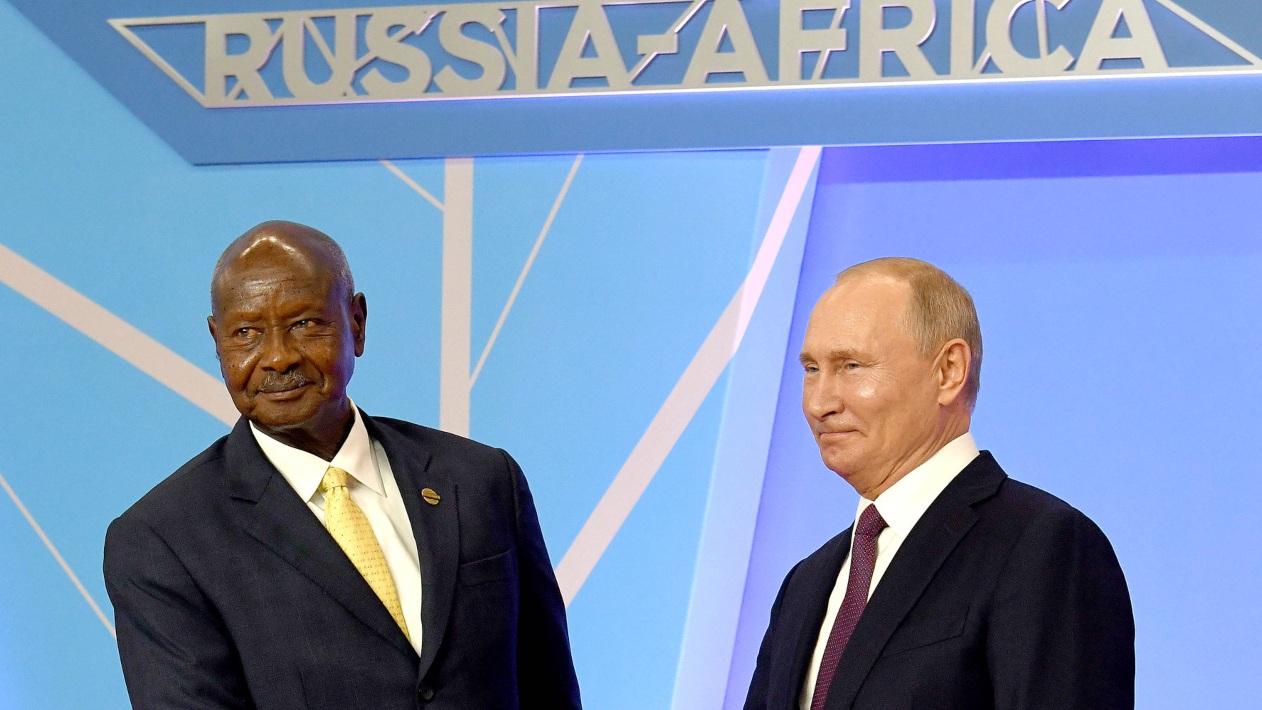The number of seats in national legislatures around the world rarely changes. Yet, in Africa, a substantial number of countries have regularly increased the size of their legislatures, particularly in recent years. New research suggests legislative expansion can be linked to the manipulation of executive branches, with Presidents finding it politically useful to expand African legislatures to weaken and/or control it.
Over the last 30 years, the size of African legislatures has increased 103 separate times. Already present under the one-party era, this proclivity towards expansion has considerably increased since the 1990s. These expansions now take two forms. First, in a number of cases, seats are added to the legislature. For instance, from 278 seats in 1989 to 426 today, the Ugandan legislature gained 148 seats. In Mauritania, the legislature went through five consecutive increases during the same period. In addition to these increases in seats, numerous African legislatures have gained a second house. This transition from unicameralism to bicameralism is relatively recent, as 17 African states have created an upper chamber in the last 30 years.
Evidence suggests that these expansions are not random. First, when comparing Africa to other continents that went through a wave of democratisation in the late 80s-early 90s, it appears that legislative expansion is particularly salient in the African continent. Despite starting their democratic transition earlier, Latin American legislatures only went through 62 episodes of expansion. In Eastern Europe, legislative expansion occurred only 32 times, as most parliaments saw their size reduced following democratisation. Second, contestations from opposition groups suggest this phenomenon is a highly political process that engages the very nature of the political regime. When Niger’s government announced the creation of four additional seats in the run up to the 2016 legislative election, the opposition mobilised to denounce the unilateral and unconstitutional nature of such a measure.
What drives this proclivity towards expansion, then? Governments initiating these seat increases typically argue that they aim at improving democratic representation. In Niger, the government argued that the 2016 increase in seats sought to address a representation gap caused by population growth. In Senegal, 15 seats were added to represent a sizeable diaspora. In Rwanda, Tanzania and Uganda, governments justified the creation of reserved seats to improve the representation of women.
Our data suggests more partisan objectives. In fact, population growth and democratic representation are not correlated with legislative expansion. Instead, based on a new data set on African legislatures and an econometric analysis of legislative expansion, we find that governments increase the size of their parliaments for political gain. Legislative expansion offers three major benefits for an incumbent eager to stay in power.
How expanding legislatures can benefit incumbents
First, the creation of new seats allows leaders to provide positions and sources of income for party loyalists. In Tanzania, the executive created 26 new constituencies ahead of the 2015 legislative election. The National Electoral Commission argued that these new seats sought to address malapportionment issues within the legislature, but we found that the Chama Cha Mapinduzi (CCM) incumbent party used this reform to provide positions to deputies who were likely to lose their seats. Indeed, the 2015 election was the most disputed election since the 1990s. Polls predicted the opposition would win seats that the CCM usually dominated. The creation of new constituencies in CCM strongholds allowed these deputies destined to lose their office to remain in the legislature.
Relatedly, the creation of new seats allows incumbents to deal with intra-party dissent. Despite the longevity of his reign, Museveni’s leadership continues to be challenged by members of his own party – the National Resistance Movement (NRM). In this case, legislative expansions allow Museveni to reinforce his dominance within the party by increasing the competition between elites. Being a member of the NRM does not guarantee a seat in the legislature. In 2016, for instance, 58% of the NRM lost their parliamentary seats; 88% of them lost against another NRM candidate during the party primaries. This competition within the ruling party’s elites allows Museveni to assert his presidential control over the party while still providing a source of patronage.
Second, legislative expansion is designed to strengthen the incumbent’s party and weaken the opposition. In Uganda, because President Museveni controls the electoral commission, the new constituencies are created in areas that favour the NRM. In other words, members of the ruling party are more likely to win the new seats. In addition, repeated increases in legislature size have left the opposition in disarray, with its electoral support diluted and relegated to redefined urban constituencies. In Zimbabwe, the re-introduction of the Senate in 2005 substantially weakened the opposition. Whereas the president of the main opposition party – the Movement for Democratic Change (MDC) – called for the boycott of the first senatorial election, MDC’s secretary-general disagreed and called on his party to participate, to not allow the ruling party to win all the seats. This internal conflict demobilised the opposition and its electorate and thus led to a large electoral defeat.
Finally, legislative expansion weakens parliaments as a whole. Legislature size affects parliament’s capacity to organise and mobilise, as collective action is challenged by expansion. Moreover, larger legislatures require a higher budget and expansion tends to stretch further already sparse resources. In all these ways, individual legislators find their agency and power undermined by expansion, serving with fewer resources in a bigger body.
These findings suggest that we must pay closer attention to African legislatures. In an era where African leaders have weaponised institutions and legal mechanisms to reinforce their power, legislatures have become an attractive tool. Parliaments have the power to pass important constitutional and legal reforms (such as the abolition of presidential term limit or laws limiting freedom of the press) that have the capacity to undermine the state of democracy. In sum, legislative expansion should not be construed as an anecdotal phenomenon as these systematic increases have served to expand the power of executive incumbents and undermine checks and balances mechanisms.
Photo: Lawmakers meet during a session of Parliament in Accra, Ghana, June 16, 2006. Credit: Jonathan Ernst / World Bank. Licensed under CC BY-NC-ND 2.0.





